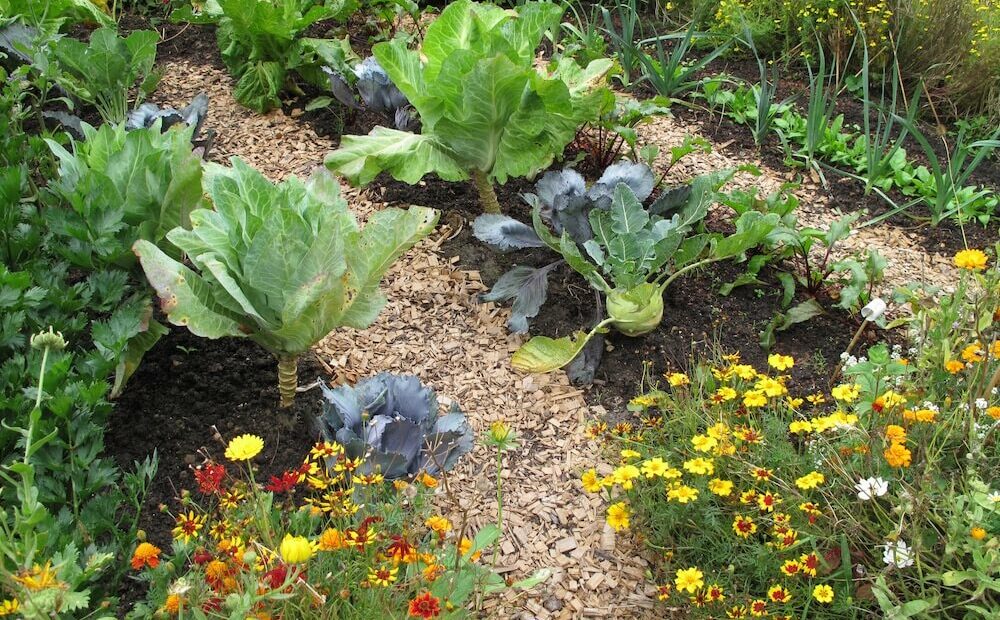The Benefits of Companion Planting: Maximizing Garden Health and Yield

Companion planting is a gardening technique that involves planting different species of plants together based on their beneficial interactions. This age-old practice has been used for centuries to improve garden health, enhance crop yields, and naturally manage pests and diseases. In this blog post, we will explore the numerous benefits of companion planting and how it can help you maximize the health and productivity of your garden.
- Pest Control: One of the significant advantages of companion planting is its ability to naturally repel pests and reduce the need for chemical pesticides. Certain plant combinations act as natural pest repellents by either emitting strong odors that deter pests or by attracting beneficial insects that prey on garden pests. For example, planting marigolds alongside vegetables can help deter nematodes, while interplanting basil or lavender can repel aphids and mosquitoes.
- Disease Management: Companion planting can also contribute to disease management in your garden. Some plants have natural defense mechanisms against certain diseases, and by planting them alongside susceptible crops, you can create a more resilient garden ecosystem. For instance, growing onions, chives, or garlic near susceptible plants can help prevent fungal diseases such as powdery mildew.
- Soil Improvement: Different plants have different nutrient requirements and uptake abilities. Companion planting allows you to optimize the use of soil nutrients by combining plants with complementary needs. For instance, leguminous plants like beans and peas have nitrogen-fixing bacteria in their roots, which enriches the soil with this essential nutrient. Planting them alongside nitrogen-hungry crops like tomatoes or lettuce can help improve soil fertility naturally.
- Increased Pollination: Many garden plants rely on pollinators such as bees, butterflies, and birds to set fruit and produce seeds. By incorporating companion plants that attract and support pollinators, you can significantly increase pollination rates and enhance overall crop yields. Flowers like sunflowers, zinnias, and borage are excellent choices for attracting pollinators to your garden.
- Weed Suppression: Companion planting can also help suppress weeds, reducing the need for manual weeding or herbicides. Dense planting and the use of ground cover plants can shade the soil, preventing weed germination and growth. For example, growing fast-spreading plants like pumpkins or squash can create a living mulch that covers the ground and suppresses weed growth between rows.
Companion planting offers a multitude of benefits for your garden, including natural pest control, disease management, soil improvement, increased pollination, and weed suppression. By carefully selecting and interplanting compatible species, you can create a harmonious and thriving garden ecosystem. Experimenting with different plant combinations and observing the results will allow you to tailor companion planting techniques to your specific gardening needs, maximizing both the health and yield of your garden.
Picture Courtesy: Google/images are subject to copyright








